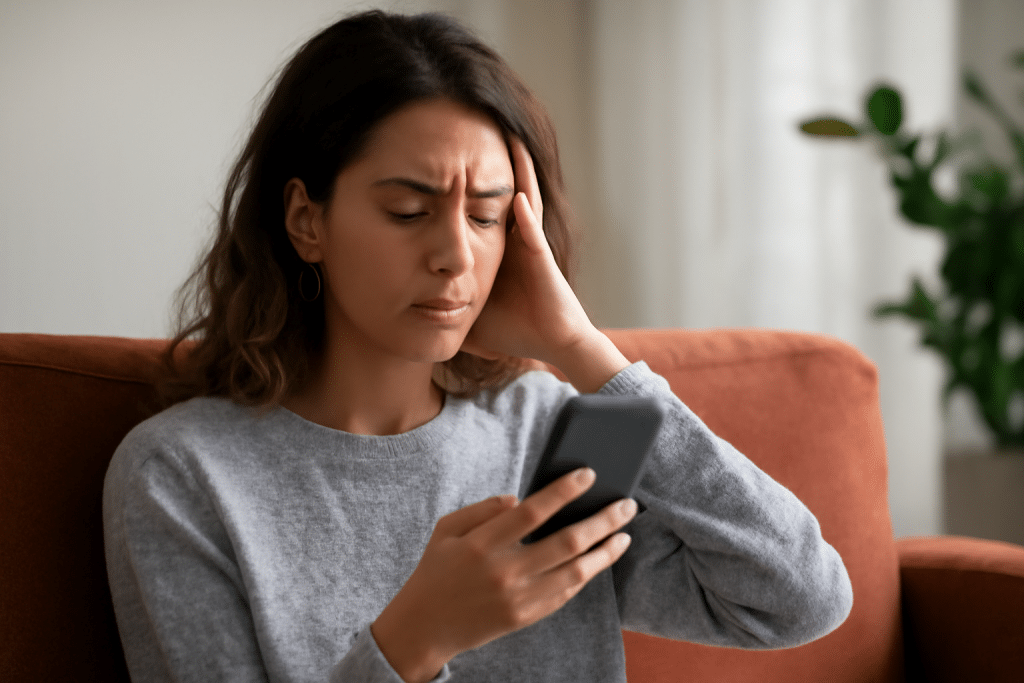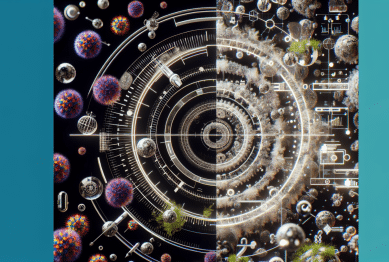Constant scrolling might be killing your peace. Here’s why taking a break from social media is no longer just a suggestion—it’s a necessity.
In a world ruled by likes, shares, and algorithm-driven dopamine hits, the importance of disconnecting from social media for mental health has never been more urgent. As digital fatigue rises and mental health concerns escalate globally, the call to log off is louder than ever—and backed by science.

The Dark Side of the Scroll: How Social Media Impacts Mental Health
The Dopamine Trap
Social media platforms are engineered to exploit your attention span. The rush from a like or a comment isn’t accidental—it’s neurological. These tiny validations stimulate dopamine, creating a feedback loop similar to addictive substances (Keles, McCrae and Grealish 2020).
What begins as a harmless scroll soon becomes a compulsive routine. Notifications interrupt meals, conversations, even sleep—all contributing to chronic stress and reduced productivity.
The Comparison Epidemic
One of social media’s most corrosive effects is its amplification of comparison culture. Your feed is flooded with snapshots of perfection: flawless bodies, luxury vacations, career wins. Meanwhile, your real life feels messier by comparison.
A groundbreaking study found that the more people used Facebook, the worse they felt afterward, with clear correlations to envy and life dissatisfaction (Hunt, Marx, Lipson and Young 2018).
The Rise of Digital Detoxing: A Hot Trend With Real Benefits
What Is a Digital Detox?
Digital detoxing is no longer reserved for tech skeptics. It’s being embraced by executives, influencers, and even teens. The premise is simple: take a break from digital devices—especially social platforms—and allow your mind to reset.
Even just a few days without social media can significantly lower cortisol levels and restore emotional balance.
A Growing Global Movement
Retreat centers are now offering “no-signal” vacations. Entire communities online are forming around minimalist phone use. Apps like Freedom and Offtime are gaining traction among those looking to reclaim their time and mental clarity.
Search volume for “digital detox challenge” has surged over 50% since 2023, underscoring a growing demand for disconnection strategies (Google Trends 2025).
Proven Mental Health Gains From Logging Off
1. Better Sleep
Exposure to blue light and endless scrolling stimulate the brain and delay sleep onset. By eliminating social media use an hour before bed, you allow your brain to wind down naturally.
Research in the Journal of Adolescence found that teens with lower screen time slept more and woke up feeling more refreshed (Lemola et al. 2015).
2. Reduced Anxiety and Depression
There is a consistent, documented link between heavy social media usage and higher levels of depression and anxiety. In a controlled experiment, just one week away from Facebook significantly improved life satisfaction (Tromholt 2016).
3. Enhanced Self-Esteem and Body Image
When you’re not bombarded with photoshopped bodies or lifestyle flexing, you begin to see yourself more clearly—and more kindly. Mental health experts agree that detoxing from social media is a critical step toward repairing body image issues, especially among teens.
4. Better Focus and Productivity
The average person checks their phone 58 times a day. This constant interruption fragments attention and reduces deep work capacity. People who unplug report sharper focus, faster task completion, and even rekindled creativity.
How to Start Your Own Social Media Detox
Step 1: Set Clear Goals
Decide what you want to achieve: deeper relationships? Less anxiety? Better sleep? Having clarity on your purpose helps maintain discipline.
Step 2: Define Your Boundaries
You don’t have to disappear. You can:
- Turn off notifications
- Avoid morning scrolling
- Log off apps during weekends
- Delete social apps temporarily
Even small changes can make a big impact.
Step 3: Replace the Habit
Nature abhors a vacuum—and so does the human brain. Replace doomscrolling with meaningful alternatives like:
- Reading physical books
- Practicing mindfulness
- Connecting with loved ones offline
- Volunteering or exercising
These habits not only fill the time but also feed your soul.
Step 4: Track Your Progress
Use a journal to track your mental and physical state daily. Note improvements in sleep, mood, focus, and anxiety levels. This can be powerful reinforcement to stay off the apps.
Step 5: Create Social Accountability
Let your network know you’re taking a break. Not only does this reduce FOMO, but it also invites encouragement and respect. Some may even join you.
What the Experts Say
Mental health practitioners are sounding alarms. Dr. Jean Twenge, a psychology professor and author of iGen, points to dramatic spikes in depression, self-harm, and suicide in teens as direct consequences of smartphone and social media overuse (Twenge 2017).
The American Psychological Association has recommended setting screen time limits for adolescents and creating “tech-free” zones in homes to promote healthier digital habits.
Long-Term Strategies for Mental Wellness
Taking breaks isn’t enough. Incorporate these practices long-term:
- Digital Sabbath: One day a week with no digital devices.
- Mindful scrolling: Follow accounts that uplift, not compare.
- App controls: Use timers or blockers to limit app access.
- Physical alarms: Replace your phone alarm with a real clock.
These minor adjustments can lead to major mental health improvements over time.
Can You Afford Not to Disconnect?
Digital platforms can enrich—but also erode—your mental health. When used mindfully, they connect us to ideas and people. But when used compulsively, they steal focus, peace, and joy.
Logging off isn’t a trend. It’s a life-saving mental health practice. Start small. Go easy on yourself. But do begin. Because the real world—the one that’s quiet, slow, undistracted, and beautifully unpredictable—is still waiting for you to return and thrive.
References:
- Lemola, S. et al. (2015) ‘Adolescents’ sleep patterns and psychological functioning: a mediation model linking sleep to academic performance’. Available at: https://onlinelibrary.wiley.com (Accessed: 4 August 2025).
- Hunt, M.G., Marx, R., Lipson, C. and Young, J. (2018) ‘No More FOMO: Limiting Social Media Decreases Loneliness and Depression’. Available at: https://guilfordjournals.com (Accessed: 4 August 2025).
- Tromholt, M. (2016) ‘The Facebook Experiment: Quitting Facebook Leads to Higher Levels of Well-Being’. Available at: https://www.liebertpub.com (Accessed: 4 August 2025).









